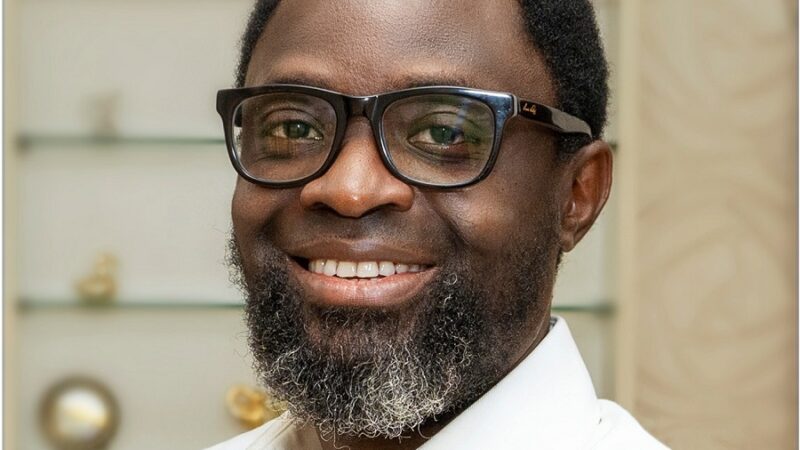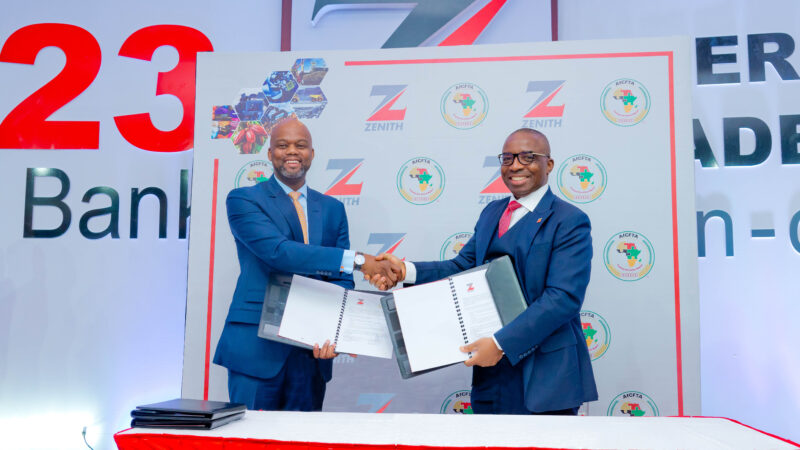CBN Cuts Benchmark Lending Rate To 12.5%

By UDO ONYEKA
The Monetary Policy Committee of Central Bank of Nigeria, CBN, has reduces the benchmark lending rate to 12.5 per cent from 13.5 per cent, a move the CBN governor, Godwin Emefiele said would stimulate growth in the economy in the face of the coronavirus pandemic.
It is the first rate cut since March 2019 and the largest since 2015.
Analysts say the Committee considered developments in the global and domestic economy since its last meeting including the negative impact of COVID-19 in global growt. “Even on the domestic front the committee noted a sustained inflationary pressure April : + 8bps to 12.34 per cent y/y and a sustained decline in manufacturing PMI”.
Seven of the 10 members of the bank’s monetary policy committee backed a 100 basis point cut, two voted for 150 basis points and one for 200 basis points, Emefiele said.
The country a top oil exporter is facing economic challenges from the coronavirus outbreak and sharp falls in crude prices, which have triggered decline in growth.
Emefiele said the lower rate would “stimulate credit expansion to critically important sectors”, which in turn would also stimulate employment and revive economic activity for a quick recovery in economic growth.
The Federal Government government expects the economy to contract by as much as 8.9 per cent this year, but Emefiele said the country could avoid a recession.
He said the economy could contract in the second and third quarters but recover in the fourth with the fiscal and monetary policy measures put in place by the authorities.
The decision surprised analysts. The central bank has kept interest rates tight for the last two years to curb inflation, support the naira and attract foreign investors to its debt market.
“This is a surprise. Not least because, despite the central bank’s relative optimism on growth, the question is really around the potency of the MPR (monetary policy rate),” said Razia Khan, chief economist for Africa and Middle East at Standard Chartered Bank.
Annual inflation rose to 12.34% in April, its highest in more than two years, as measures to curb the pandemic hindered economic activity.
“The rate cut…means that we have negative real rates because of rising inflation,” Bismarck Rewane, head of Lagos-based consultancy Financial Derivatives, told CNBC Africa.
According to analysts at Cordros Research, the committre acknowledged that growth will slide into the negative territory in Q2- 2020. ” However in a bid to avoid an economic recession over 2020, the MPC elected to support an already dovish policy landscape with a 100bps rate cut”, the analysts said.







